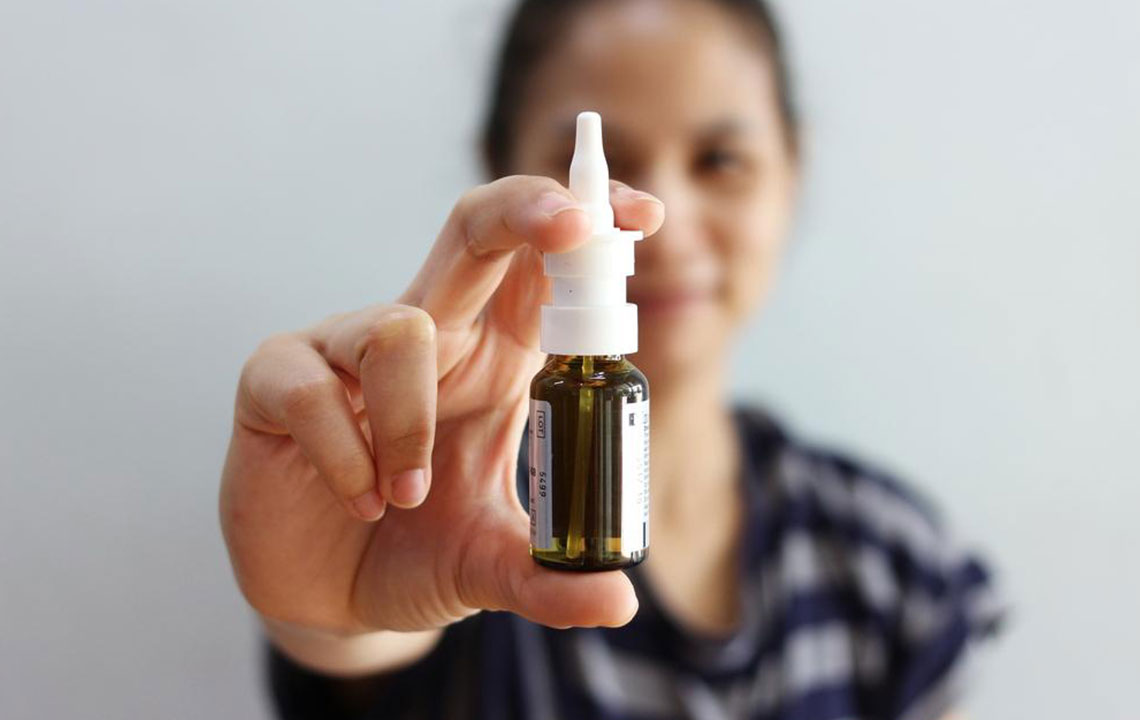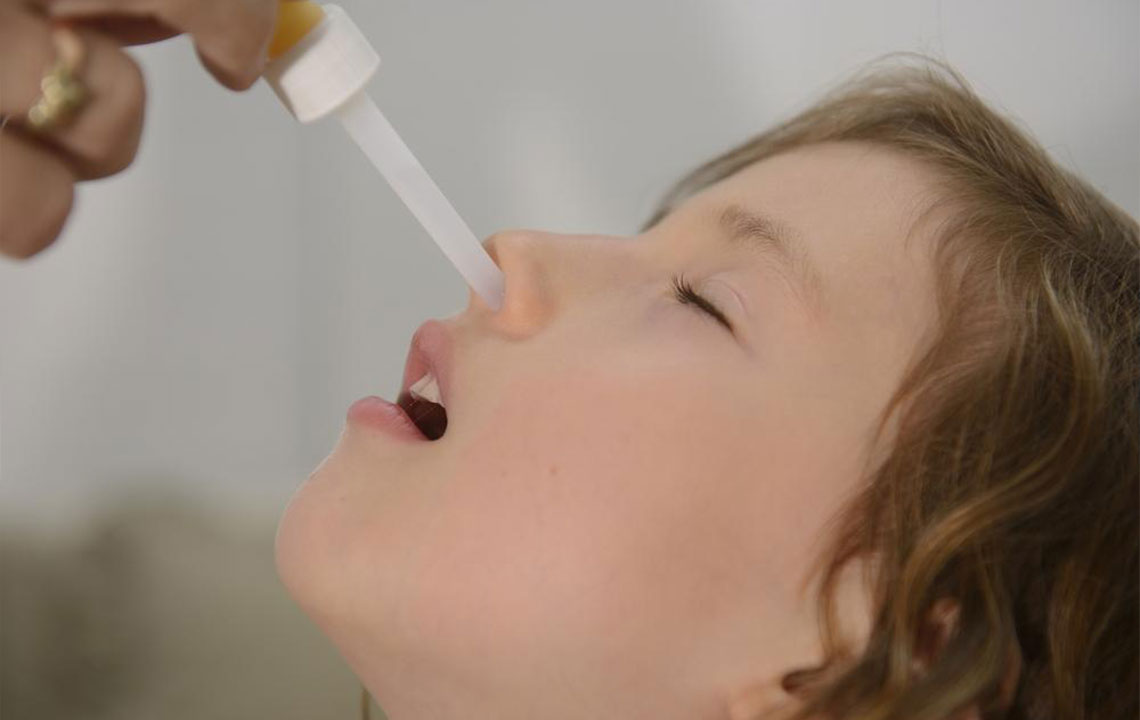Effective Strategies to Relieve Sinus Blockage
Discover practical and proven methods to effectively alleviate sinus congestion, including hydration, nasal flushing, and decongestants. Learn when to seek medical advice for persistent issues.

Effective Strategies to Relieve Sinus Blockage
Nasal congestion is a widespread issue often caused by sinus infections or inflammation. While usually benign, it can cause discomfort and breathing difficulties. Congestion occurs when blood vessels in the nasal passages swell or become inflamed, leading to tissue swelling and excess mucus buildup. It's important for individuals to know how to manage sinus congestion, as it can strike unexpectedly. Thankfully, various remedies are available, ranging from simple home treatments to medications prescribed by doctors.
Below are three effective methods to alleviate sinus blockage:
Stay Well-Hydrated
Maintaining proper hydration is one of the most effective ways to relieve sinus pressure. Drinking plenty of fluids helps thin the mucus, making it easier to drain from the nasal passages and reducing the pressure and inflammation. When congested, increasing fluid intake can significantly ease breathing and discomfort.
Perform Sinus Flushing
Using nasal irrigation devices like neti pots can provide relief by flushing mucus from the nasal cavities. These devices, often recommended by health professionals, use a saline solution to clear out congestion. It’s essential to use distilled or boiled water cooled to a safe temperature to avoid introducing bacteria into the nasal passages.
Utilize Decongestants
Over-the-counter decongestants can effectively reduce swelling in the nasal tissues. They work by constricting blood vessels in the nose, which decreases inflammation and eases breathing. Available in spray or pill form, decongestants are a quick remedy for sinus congestion.
If symptoms persist despite these measures, consulting a healthcare provider is advised for further evaluation and treatment.










